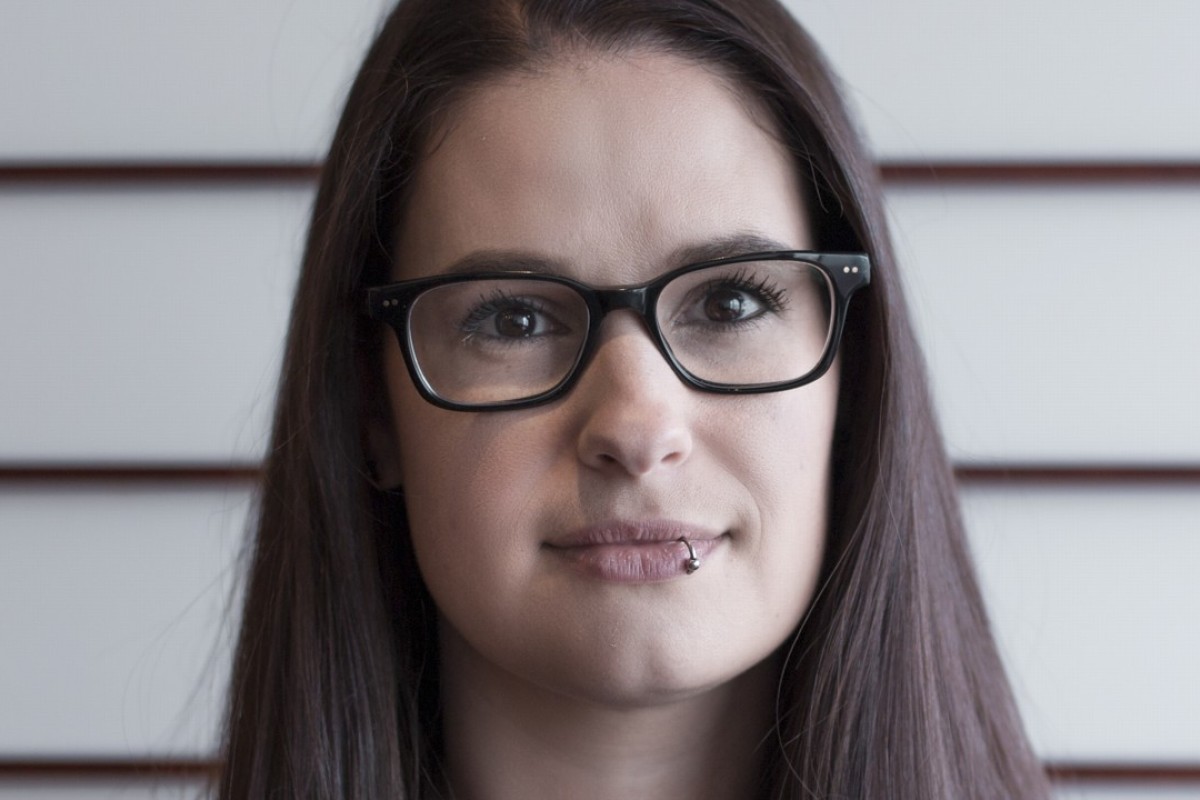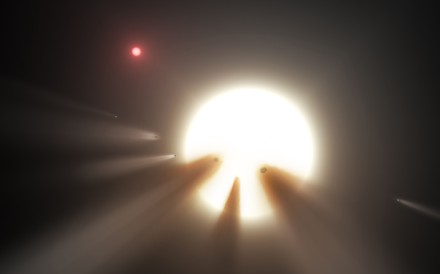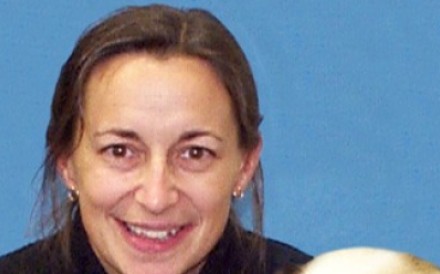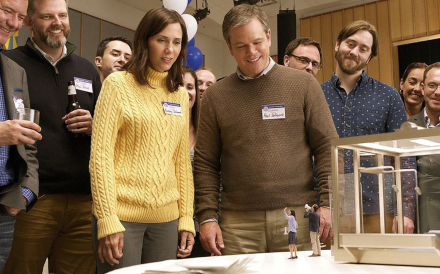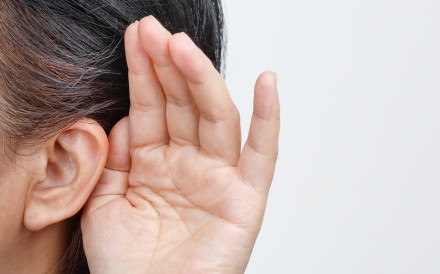Raised a Mormon I was born in 1983 to an Italian father and Puerto Rican mother. I grew up in the conservative Bible Belt of America (in Plano), deep in the heart of Texas. My father is very religious and he voted for Trump, while my mother is more progressive. I have a sister who’s four years older. She’s a Mormon, too, but she’s open to me and my experiences. Mormons might be evangelical, but they’re also pretty pro-education and pro-science. My father’s second wife was a high-school science teacher until she retired, and she’s Mormon. My dad’s not so religious that he thinks evolution doesn’t happen; he just doesn’t believe in Darwin’s version, but he doesn’t think Jesus placed fossils in the ground to test his faith. He knows man did not walk with dinosaurs.
Science in mind From a young age, I was placed on a gifted and talented programme at school and was pulled out of class to do logic puzzles and critical, evidence-based thinking. I learned the underlying theory and process of science before I was doing science, and was already a sceptical thinker. At church, boys would be doing the hunting, fishing, camping, hiking and boating for their youth group activities, while girls would be baking cookies and making ornaments. The gender stereotyping at church was disgusting. It wasn’t overt at school, it was implied. When I was little, I had the same stereotypical lack of self-esteem lots of young girls have, especially within ethnic minorities. We’re never told that science is an option, or that, even though it’s going to be hard, that doesn’t mean you’re bad at it.
All a big lie After my parents divorced, when I was six, I lived with my mother and saw my dad every other weekend, and for two weeks in the summer. The religious side of my life was held on to very tightly by my father. My relationship with my dad was quite strained after I left the church, when I was about 15. There wasn’t an epiphany – I realised that not only was it not for me, but that it was all a big lie. I don’t think I understood the ramifications, but I chose to be true to myself. In doing so, I burned a bridge with him. When I told him I didn’t believe, not just in the Mormon church, but in God, he said, “I have a moral obligation to God to force you to go to church until you’re 18.” So a conversation was had and it was decided that I would not maintain (a custodial relationship) with him. There were a few years when we didn’t talk, then, slowly, when I became an adult, we re-established a relationship.
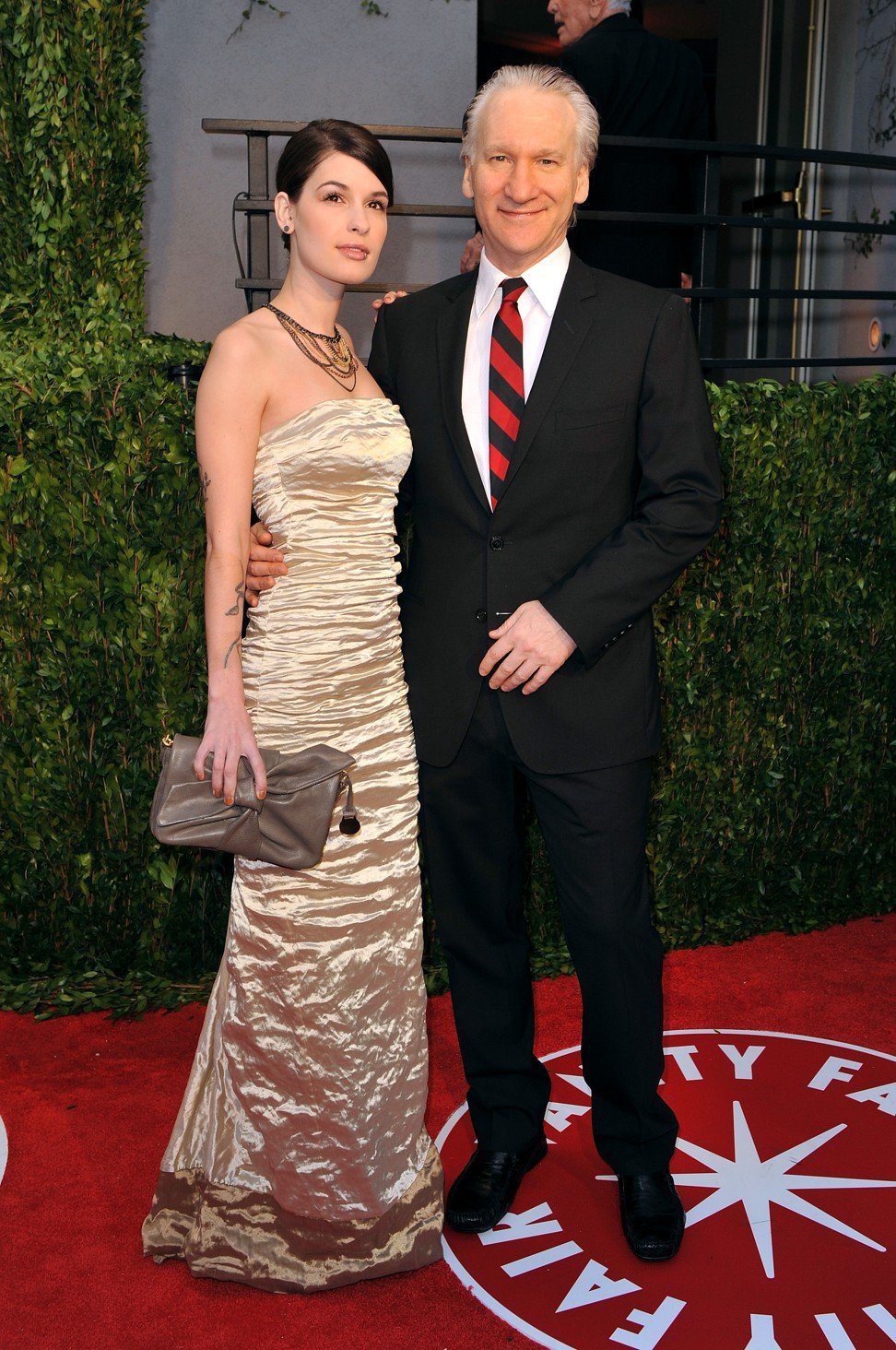 Off the rails and in therapy As I became more self-aware and struggled with my identity, I started experimenting with drugs, having different friend groups, sometimes getting into trouble; one minute doing well in school, the next not paying attention. I started college when I was 16 and lived in a house with a bunch of other college kids. I paid for it later by spending a lot of time in therapy. I was the kind of kid who grew up too fast, or at least fancied myself a grown up a little early. I must have been pretty young when I was diagnosed with depression, because I don’t remember it. I’ve had therapy since I was a child, but I’m not sure whether sessions early on were linked to my behaviour issues or my parents’ divorce. Early on, a lot of my shrinks were Mormons, and I do not think that was healthy for me. Everything is framed in this very Jesus-y way. I don’t think it’s healthy for a developing psyche. It can really mess kids up later in life, as if going to church didn’t already mess them up.
Off the rails and in therapy As I became more self-aware and struggled with my identity, I started experimenting with drugs, having different friend groups, sometimes getting into trouble; one minute doing well in school, the next not paying attention. I started college when I was 16 and lived in a house with a bunch of other college kids. I paid for it later by spending a lot of time in therapy. I was the kind of kid who grew up too fast, or at least fancied myself a grown up a little early. I must have been pretty young when I was diagnosed with depression, because I don’t remember it. I’ve had therapy since I was a child, but I’m not sure whether sessions early on were linked to my behaviour issues or my parents’ divorce. Early on, a lot of my shrinks were Mormons, and I do not think that was healthy for me. Everything is framed in this very Jesus-y way. I don’t think it’s healthy for a developing psyche. It can really mess kids up later in life, as if going to church didn’t already mess them up.
Inside the brain I studied psychology in school because I thought it would be easy. I did an internship with a local neuropsychologist, who saw a lot of people with developmental problems and traumatic brain injuries. It was really cool and I fell in love with it, but realised I didn’t know enough about the brain. So I decided to get a master’s degree in biology, with a neuroscience concentration. I did my master’s in Texas, an hour from where I grew up, so, by 23, I was itching to get out. I started a PhD in neuropsychology at the City University of New York. I was doing research in a bird lab, experimenting on zebra finches’ brains, but I found myself loving teaching and not enjoying lab work. That’s when it dawned on me that this wasn’t the right path. I didn’t want to go and get a PhD just so I could teach.
Live with Larry King I dropped out of my PhD after a year and moved to Los Angeles because I was dating somebody who lived there who was, and still is, a media personality (television host Bill Maher), who encouraged me to go into television. We’d go to parties and everybody would react with fascination when I talked about science. So I tried it: my first booking was on Larry King Live as a panellist. I started out as an expert guest and science commentator. I took the time to research things and do solid reporting, and I realised I could help people understand all the jargon. I got more and more bookings before landing a column at The Huffington Post. Then I started developing shows myself, and I’ve fallen into a nice groove of splitting my time between freelance TV work, podcasting and speaking. Then, this year, I started going back to school, which is where all my money goes.
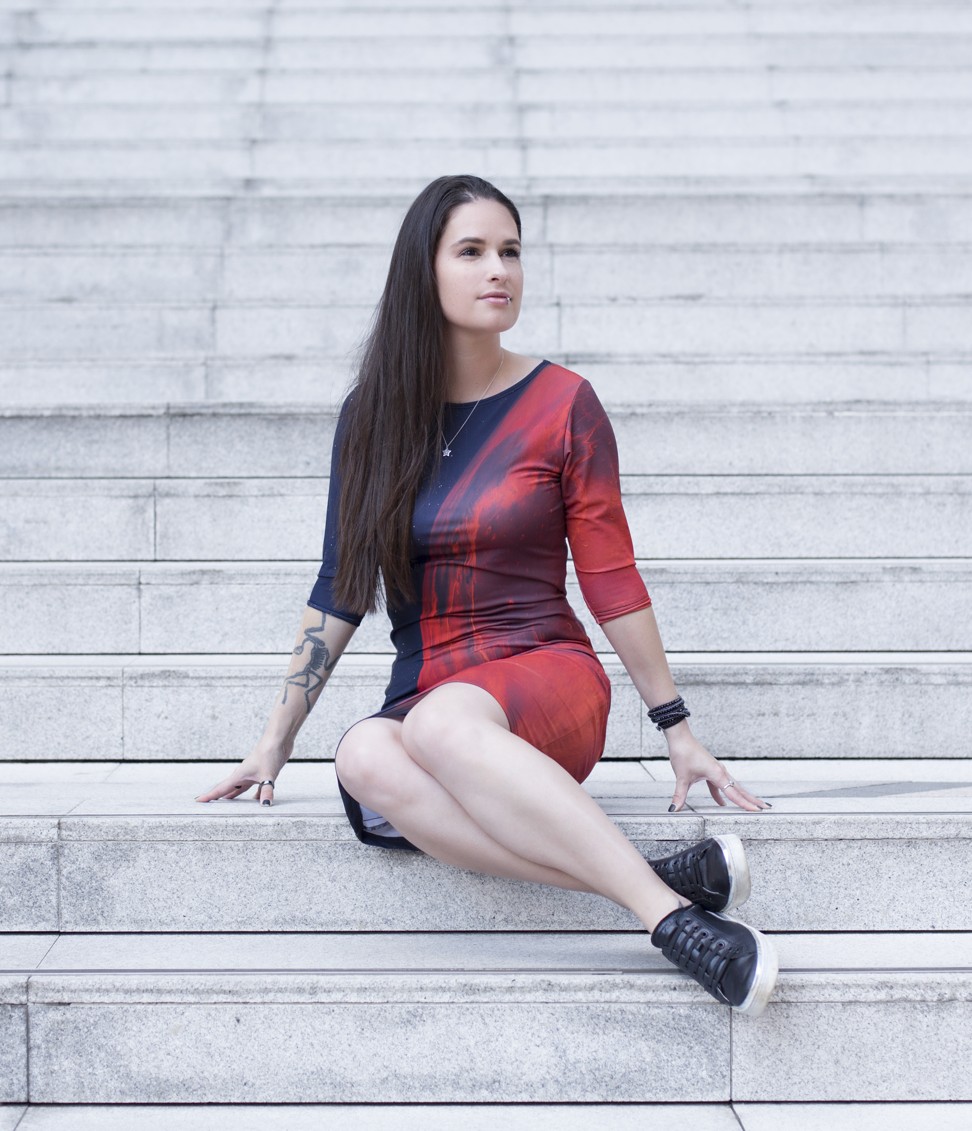
Youth and death I think about death constantly. I read a lot of books about it and it fascinates me. My hope is to work with people who are dying, as a death and dying psychotherapist. We often think of it as the end of it all, people avoid it and ignore it, but it’s a growth stage, a really important and meaningful life stage. I’m secular but also have respect and understanding for individual spirituality and religion. It’s intense to be around dying people, but I don’t think I’m the kind of person who would feel sick or emotionally wracked by it. I should hopefully be Dr Santa Maria and getting licensed by the time I’m 40. Part of the reason I’m doing this is that I may not want to be in TV forever, but that might not be my choice. Our culture is youth-obsessed; I’m not a spring chicken by TV standards. The biggest compliment people give me is that I look younger than I am, and they’re blown away when they find out my age (34). That shouldn’t be the biggest compliment, but that’s how it is in Hollywood.
Cara Santa Maria recently hosted a discussion at a Skeptics in the Pub Hong Kong event held at Mezcalito bar in Central, and also gave a talk to secondary-school girls.
